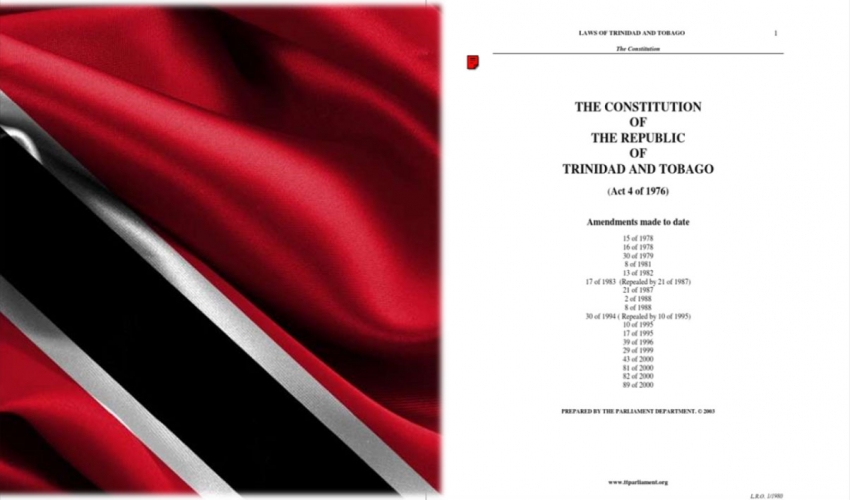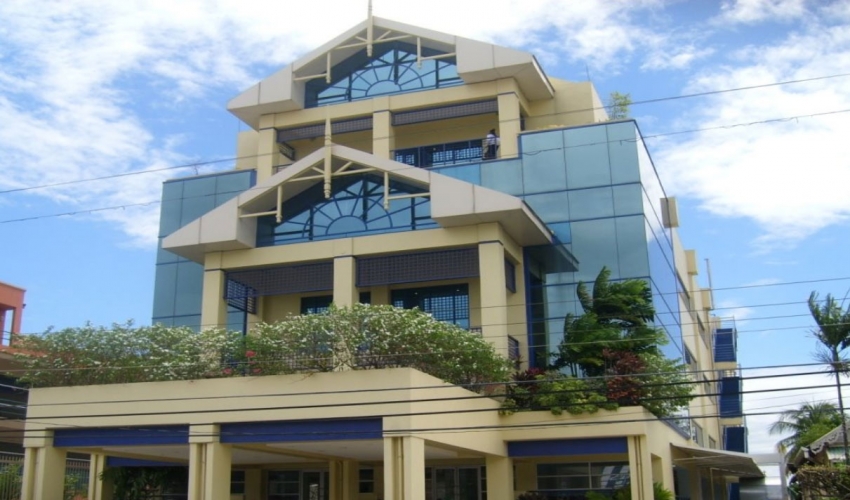<style>
/* Float four columns side by side */
.column {
float: left;
width: 25%;
padding: 0 10px;
}
/* Remove extra left and right margins, due to padding */
.row {margin: 0 -5px;}
/* Clear floats after the columns */
.row:after {
content: "";
display: table;
clear: both;
}
/* Responsive columns */
@media screen and (max-width: 600px) {
.column {
width: 100%;
display: block;
margin-bottom: 20px;
}
}
/* Style the counter cards */
.card {
box-shadow: 0 4px 8px 0 rgba(0, 0, 0, 0.2);
padding: 16px;
text-align: center;
background-color: #f1f1f1;
}
</style>
<div class="row">
<div class="column">
<div class="card">
<h3>Card 1</h3>
<p>Some text</p>
<p>Some text</p>
</div>
</div>
<div class="column">
<div class="card">
<h3>Card 2</h3>
<p>Some text</p>
<p>Some text</p>
</div>
</div>
<div class="column">
<div class="card">
<h3>Card 3</h3>
<p>Some text</p>
<p>Some text</p>
</div>
</div>
<div class="column">
<div class="card">
<h3>Card 4</h3>
<p>Some text</p>
<p>Some text</p>
</div>
</div>
</div>![]()

Uncategorised
PolSC Policies
2022
POL/01/2022 Relevancy Policy for the offices of CoP and DCoP 22.3.2022
POL/02/2022 Increasing Responsibility in Law Enforcement Policy
2023
POL/01/2023 Revised OML Policy for the purpose of making acting appt to the offices of CoP and DCoP 13.09.23
Pol/02/2023 Acting Policy for the offices of CoP and DCoP 5.10.23
Ethical Codes of Conduct
PDF Ethical-Code of Conduct for Suppliers and Contractors
PDF Ethical Code of Conduct for Public Bodies and Public Officers
To achieve the objectives of the above ideology certain safeguards have been built into the Constitution and protections guaranteed:
• Under the Republican Constitution, the members of the Service Commissions are appointed by the President, after consultation with the Prime Minister and the Leader of the Opposition.
• Members of the Commission, other than the Judicial and Legal Service Commission, may only be removed from office by the President acting in his discretion, and for specific cause only.
• Each Commission functions as a body giving effect to the principle of joint rather than individual responsibility.
• Commissions are free from Ministerial control.
• Commissioners cannot be sued in their own names.
• The Commissions are vested with discretionary powers to further ensure their independence from the Executive and the Legislature. (That does not mean however, that the Commissions are not answerable for any acts they may perform outside of their jurisdiction).
• The Service Commissions have been further vested with the authority to regulate, with the consent of the Prime Minister, their own procedures, and for this purpose, have promulgated Regulations which set out the principles and guidelines to be followed in the making of appointments, promotions, transfers and the exercising of disciplinary control over officers in the different Services. The fundamental principles inherent in all the regulations are those of fairness, equality and justice.
The Role, Function and Jurisdiction of the Service Commissions
The Public Service Commission as we know it today was preceded by the Civil Service Selection Committee and the Civil Service Staff Board which were established for the purposes of appointments, promotions, transfers and discipline in 1928 and 1936 respectively. The public Service Commission was first constitutionally entrenched in 1959 and subsequently in the 1962 Independence Constitution and the Republican Constitution, 1976, Sections 120 and 121. The Public Service Commission has jurisdiction over the Civil, Fire and Prison Services
The Police Service Commission and the Judicial and Legal Service Commission were established in 1960 by amendment of the Orders in Council which existed to advise the Governor on matters relating to the appointment, promotion, transfer and discipline of members of the Police Force and persons holding posts in the Public Service requiring the possession of legal qualifications respectively. They were similarly entrenched in the 1962 Constitution and in the 1976 Republican Constitution – the Police Service Commission under Sections 122 and 123 and the Judicial and Legal Service Commission under Sections 110 and 111. In recent times the Constitution (Amendment) Act, 2006, (Act No. 6), has repealed Section 123 of the Constitution to limit (and expand) the powers of the Police Service Commission relative to persons holding or acting in the offices of Commissioner and Deputy Commissioner of Police only and to also hear appeals against the decision of the Commissioner of Police with respect to discipline and promotions.
The Teaching Service Commission was established in 1968, also by an amendment of the Constitution, to deal with the recruitment, promotion, transfer and the discipline of members of the Teaching Service.
Ideology behind the Establishment of the Service Commissions
The 1962 and 1976 Constitutions sought to insulate the various Services from political influence exercised directly upon then by the Government of the day. To guarantee that status of the respective Services, legal and procedural safeguards were put in place making the Service Commissions fully autonomous and vesting in them, to the exclusion of any either person or authority, the power to make appointments to the relevant Service, promotions and transfers within the Service and power to remove and exercise disciplinary control over the members thereof. Further, the Service Commissions are precluded by the Constitution from forming any part of the Service of the State (Section 3) (4) (b) (iii) of the Constitution of the Republic of Trinidad and Tobago).
By the entrenchment of the Commissions the framers of the Constitution had the objective therefore of establishing non-political bodies in high public regard with a view to maintaining a neutral Public Service operating by the merit principle and free from the undesirable effects of discrimination, nepotism and injustice.
The Constitution provides for the Commissions, (other than the Police Service Commission), to delegate any of their powers other than those conferred by Section 129, to any of its members or any public officer.
The Public Service Commission has delegated authority to the Commissioner of Prisons and the Chief Fire Officer to recruit members into the protective services and to promote up to a specific rank of office. The Commission has also delegated some of its functions, as indicated hereunder, to Permanent Secretaries / Heads of Departments / Chief administrator, Tobago House of Assembly / Directors of Human Resources, in specific salary ranges up to Range 68:-
1) First temporary appointment in clerical, secretarial, and manipulative grades to PS/CAST & Chief Administrator, THA;
2) Further temporary appointments and acting appointments except in offices that require consultation with the Prime Minister.
3) Confirmation of appointments;
4) Transfers;
5) Exercise disciplinary control in respect of minor matters identified in Codes of Conduct
The Teaching Service Commission has delegated power to the Permanent Secretary, Ministry of Education to:
1) appoint persons temporarily in the office of teacher for Government and Assisted schools for a period not exceeding three months, from a priority list of candidates approved by the Commission;
2) appoint persons to act in an office in the Teaching Service when such acting is not a prelude to a substantive appointment, except to an office in an Assisted School or to any office which is subject to consultation with the Prime Minister.



